نبذة عن كتاب Turkish Foreign Policy and its Regional Implications
Turkey’s Middle East policy has transformed in recent years and is now more involved in the region, employs more soft power tools and actively engages in third party roles in regional conflicts.
Turkey has improved its relations with bordering states as a result of its “zero problems with neighbors” policy.
This paper examines the elements of a new Turkish foreign policy in the Middle East and focuses on the reasons for its evolution as well as its structural conditions and political leadership.
In discussing these factors this paper aims to identify the circumstances that have created on opening for change. It is argued that those structural conditions which emerged at the beginning of the new millennium coincided with a strategic political leadership that led to this transformation.
It is also emphasized that “pull factors” have been important for a new Turkish engagement with the Middle East. Perspective on Turkey in the region have become more positive in recent years and there is much more interest in Turkey and more support for its involvement in regional politics.
However, different actors in the Arab world have different perceptions of Turkey and its importance for the region. Some focus on Turkey as a strategic asset in the constantly shifting and highly volatile regional balance of power, while other perceive Turkey more as an important economic partner and critical for the debates on political reform in the region.
Finally, this paper focuses on the issue of sustainability of Turkish foreign policy in the Middle East in the face of certain challenges, it is argued that recent development in the region- especially the so-called “Arab Spring” have presented difficulties for Turkey in light of the instabilities in various Arab countries and have challenged Turkey’s political and economic interests.
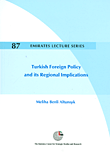
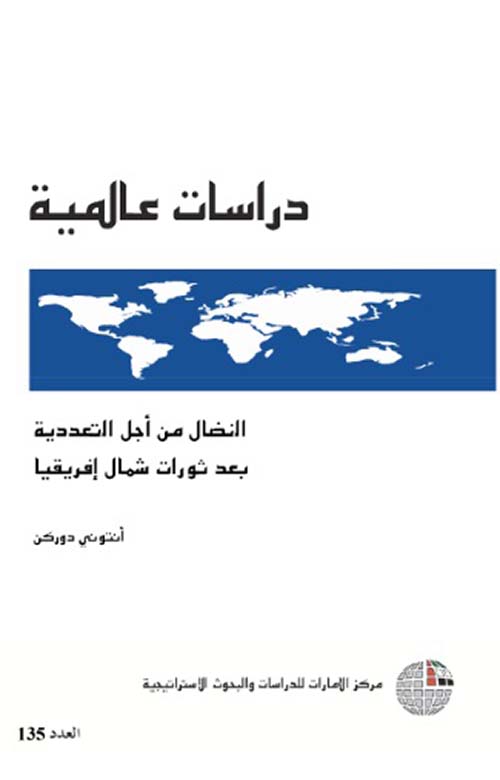
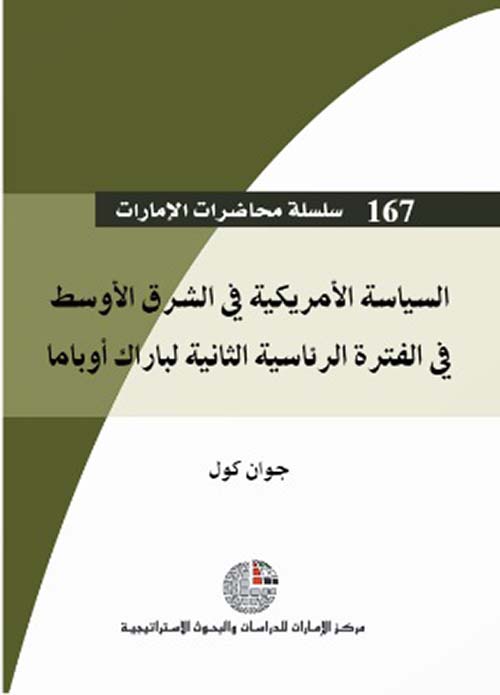
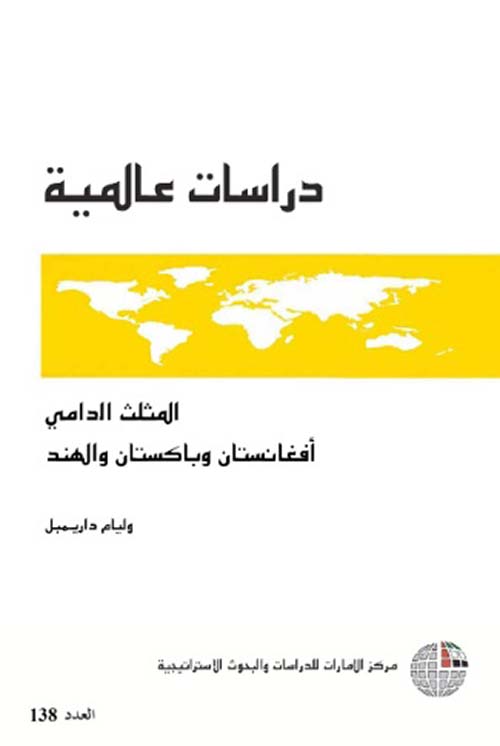
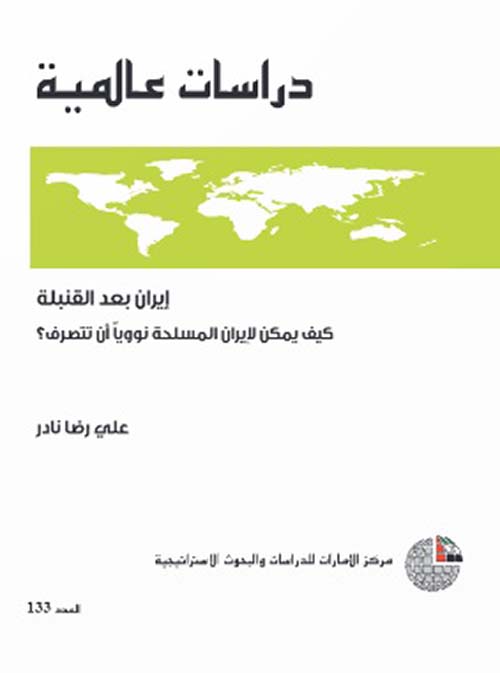
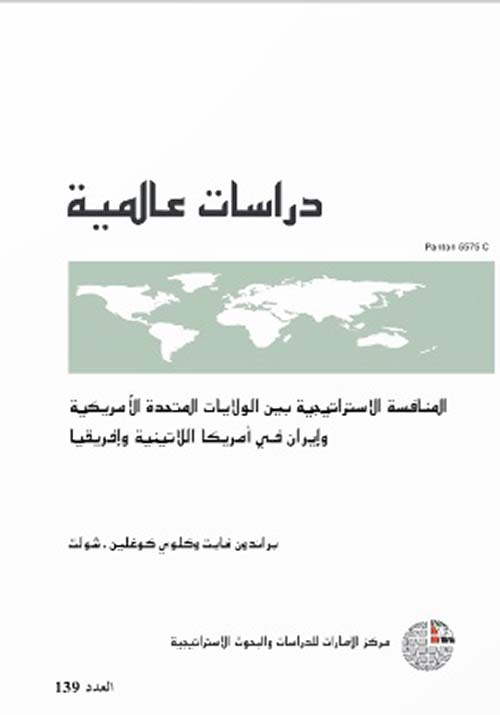
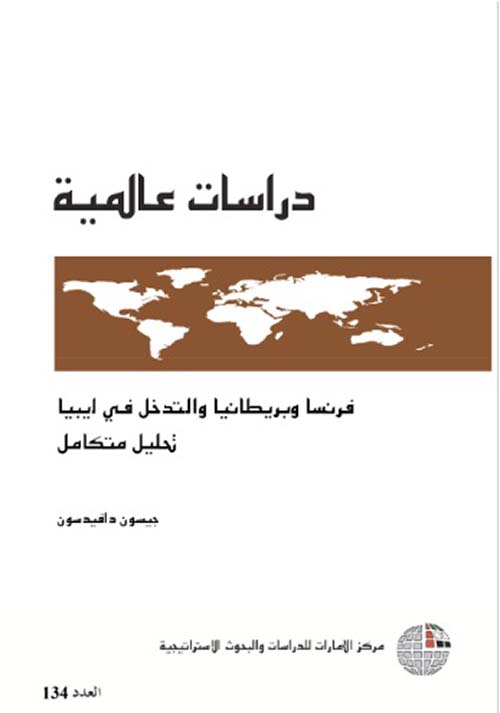
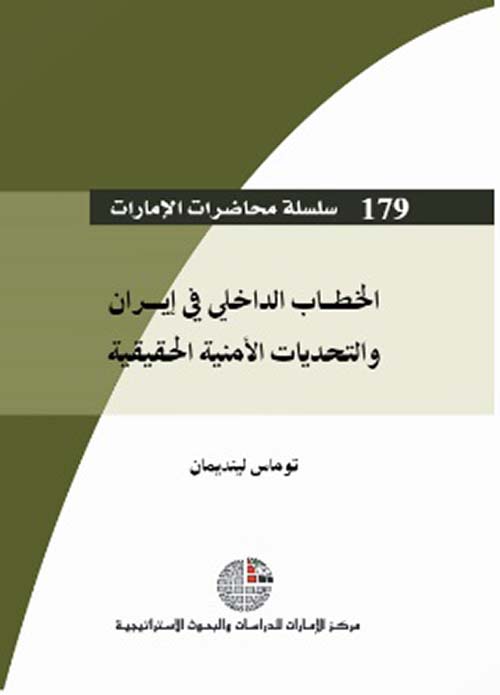
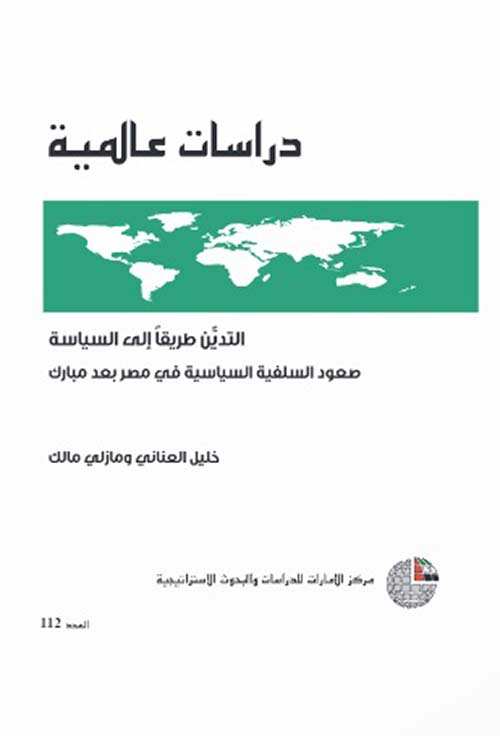
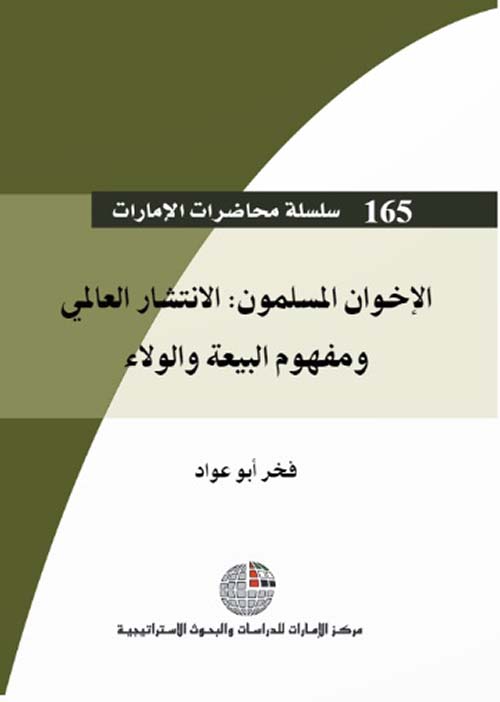
المراجعات
لا توجد مراجعات بعد.